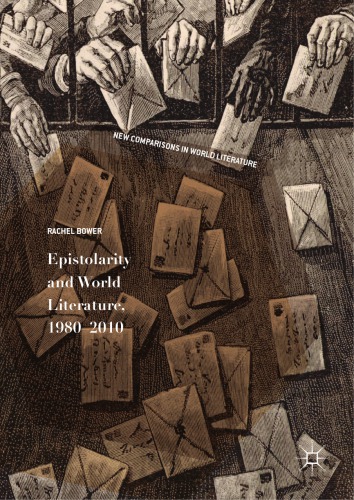

Most ebook files are in PDF format, so you can easily read them using various software such as Foxit Reader or directly on the Google Chrome browser.
Some ebook files are released by publishers in other formats such as .awz, .mobi, .epub, .fb2, etc. You may need to install specific software to read these formats on mobile/PC, such as Calibre.
Please read the tutorial at this link: https://ebookbell.com/faq
We offer FREE conversion to the popular formats you request; however, this may take some time. Therefore, right after payment, please email us, and we will try to provide the service as quickly as possible.
For some exceptional file formats or broken links (if any), please refrain from opening any disputes. Instead, email us first, and we will try to assist within a maximum of 6 hours.
EbookBell Team

4.1
40 reviewsThis book examines the striking resurgence of the literary letter at the end of the long twentieth century. It explores how authors returned to epistolary conventions to create dialogue across national, linguistic and cultural borders and repositions a range of contemporary and postcolonial authors never considered together before, including Monica Ali, John Berger, Amitav Ghosh, Michael Ondaatje and Alice Walker. Through a series of situated readings, the book shows how the return to epistolarity is underpinned by ideals relating to dialogue and human connection. Several of the works use letters to present non-anglophone material to the anglophone reader. Others use letters to challenge policed borders: the prison, occupied territory, the nation state. Elsewhere, letters are used to connect correspondents in different cultural and linguistic contexts. Common to all of the works considered in this book is the appeal that they make to us, as readers, and the responsibility they place on us to respond to this address.
By taking the epistle as its starting point and pursuing Auerbach’s speculative ideal of weltliteratur, this book turns away from the dominant trend of ‘distant reading’ in world literature, and shows that it is in the close situated analysis of form and composition that the concept of world literature emerges most clearly. This study seeks to re-think the ways in which we read world literature and shows how the literary letter, in old and new forms, speaks powerfully again in this period.